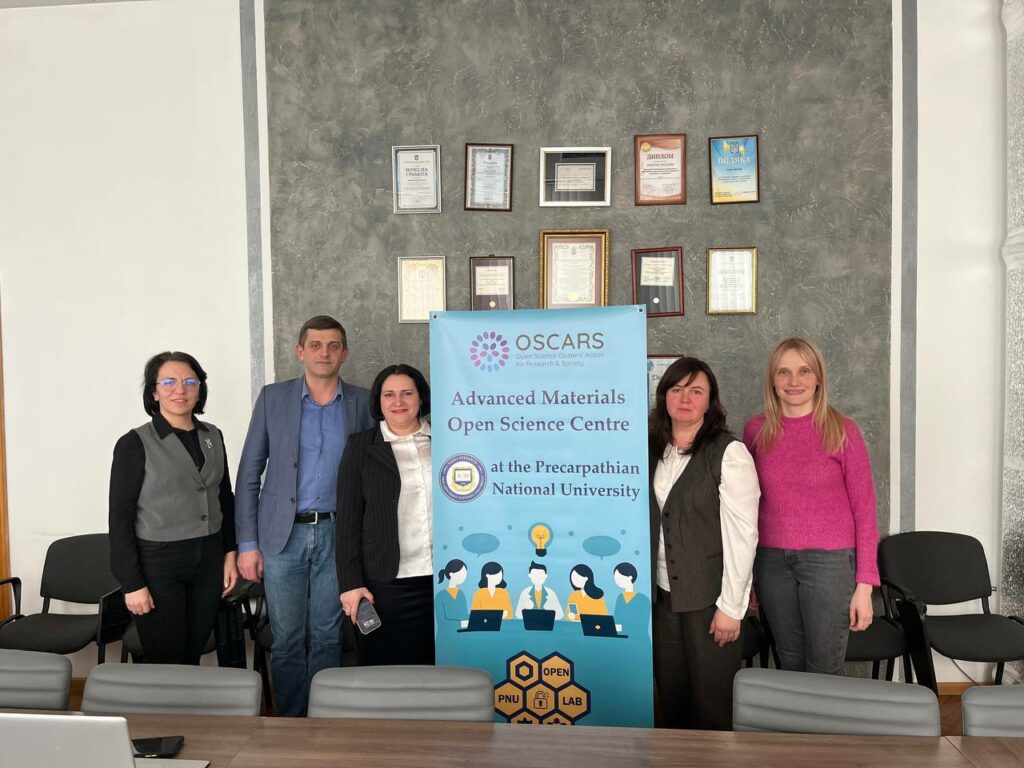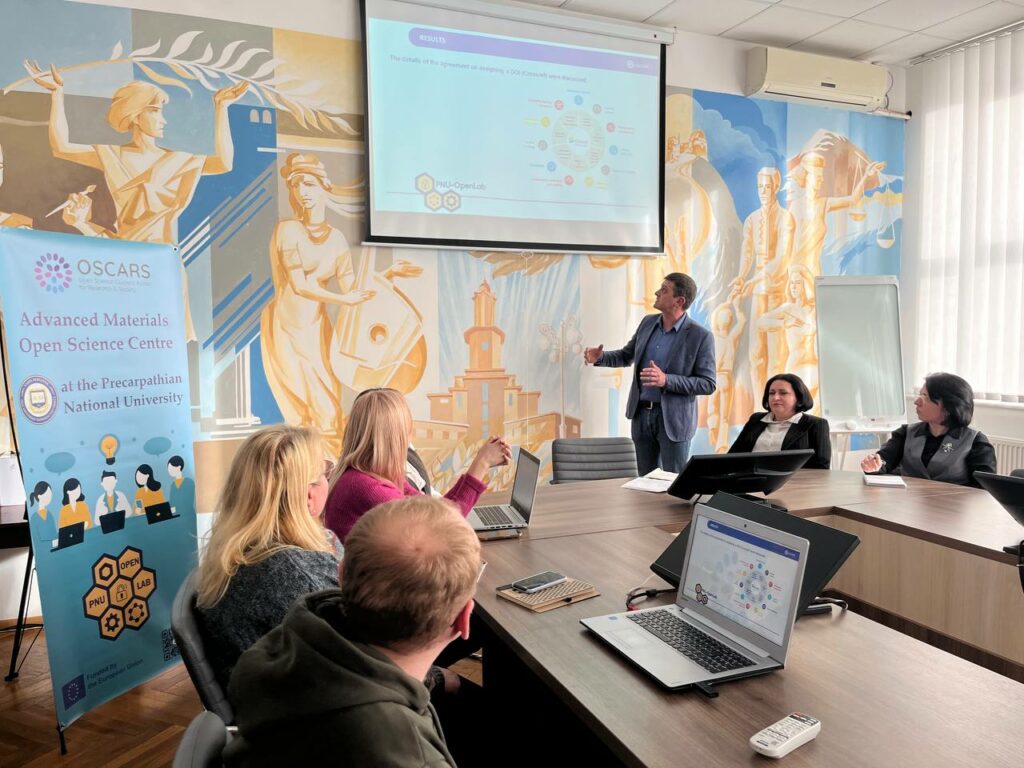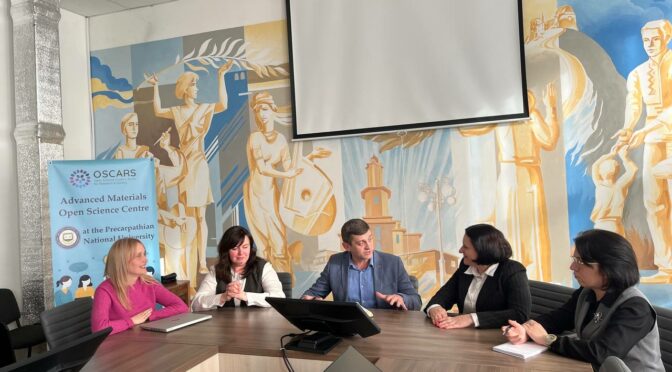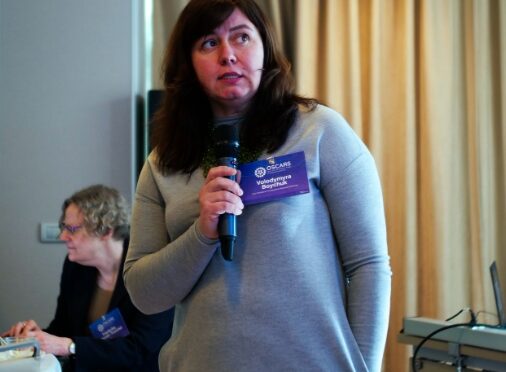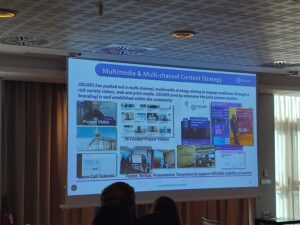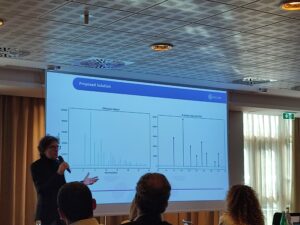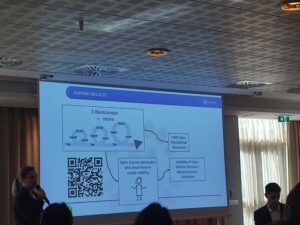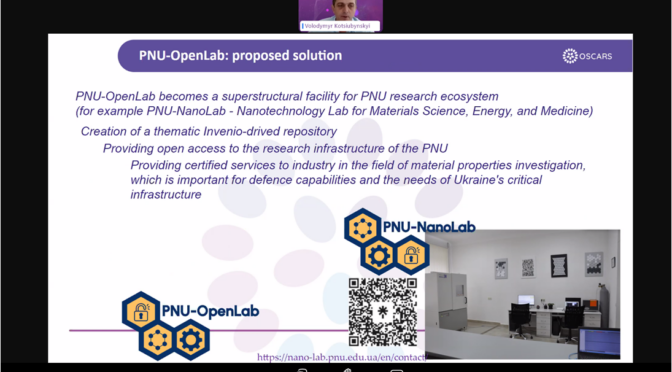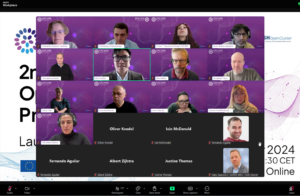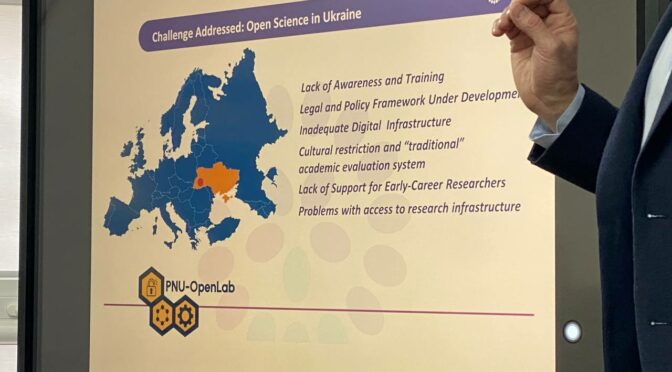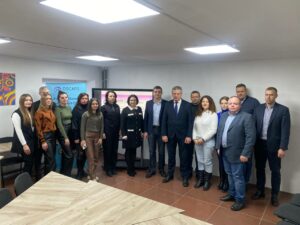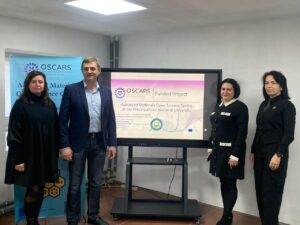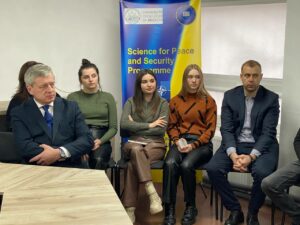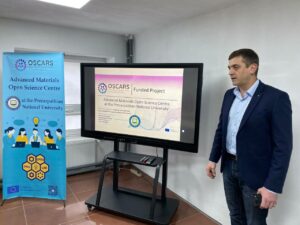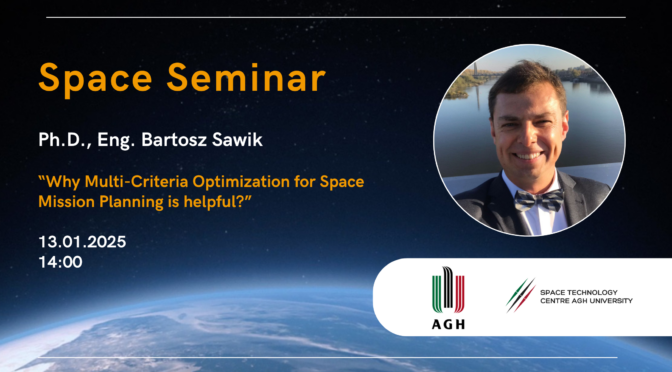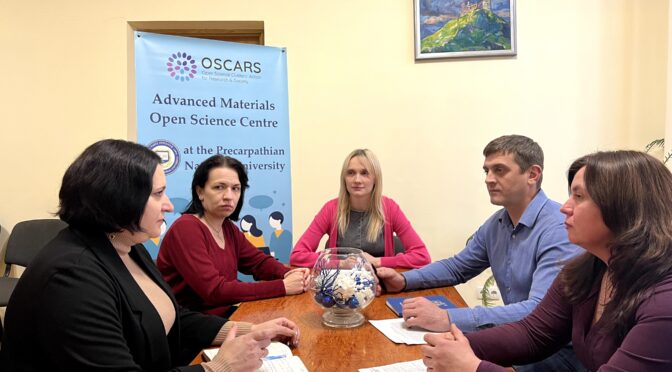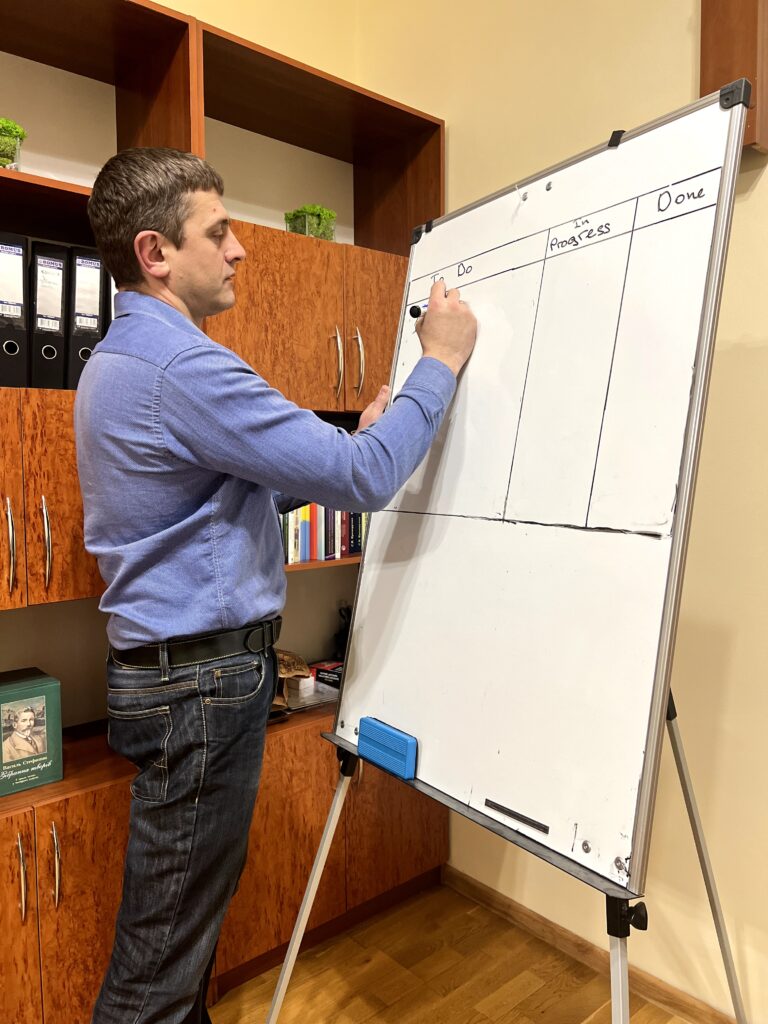The Initial Stage of the project “Advanced Materials Open Science Centre at the Precarpathian National University” (led by Volodymyr Kotsiubynskyi) has been completed. The project is funded under HORIZON-INFRA-2023-EOSC-01-01 (2024–2026). The main outcomes include the establishment of PNU-OpenLab (https://open-lab.pnu.edu.ua/) as part of PNU’s research ecosystem, as well as the creation of the PNU-DataSet repository (https://dataset.pnu.edu.ua/), serving as a platform for accessing open data generated at Vasyl Stefanyk Precarpathian National University. Notably, the repository has a multidisciplinary nature and will be accessible not only to the university’s staff.
As of today, the technical work related to testing the software that will integrate the repository into the CrossRef system (https://www.crossref.org/) — the DOI provider for the repository’s resources — is nearing completion. During the Initial Stage, the project team conducted an analysis of the current state of open science practices within the OSCARS scientific cluster community, in accordance with Ukraine’s National Open Science Plan, adopted by the Ukrainian government (https://zakon.rada.gov.ua/laws/show/892-2022-%D1%80#Text). At the national level, the team is actively involved in adapting EU Open Science standards (https://openscience.eu/) to scientific and educational practices in Ukraine. Notably, they are contributing to the development of the professional standard “Research Data Management Specialist” in alignment with the European Skills, Competences, Qualifications and Occupations framework (https://esco.ec.europa.eu/uk).
Another task successfully completed by the team during the project’s Initial Stage was the development and adaptation of an open access procedure for scientific facilities at PNU-NanoLab for Ukrainian researchers (https://nano-lab.pnu.edu.ua/en/tsentr-kolektyvnoho-korystuvannia-nau/). Testing has also begun on the implementation of data access protocols in accordance with EOSC requirements.
Much has been accomplished, but this is only the preparation for the Main Stage of the project, which will begin in April 2025.
